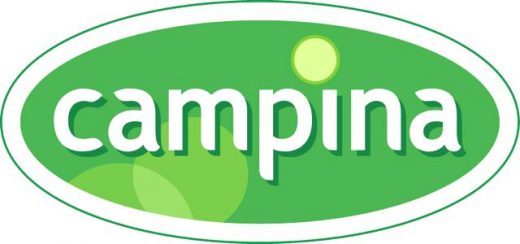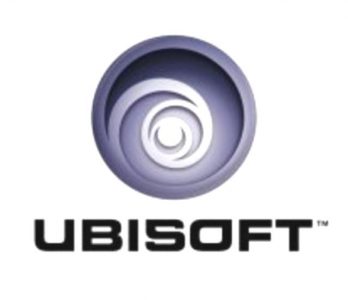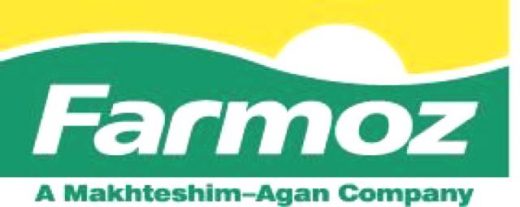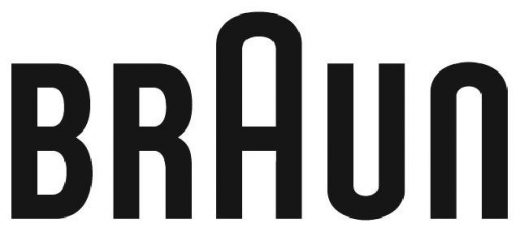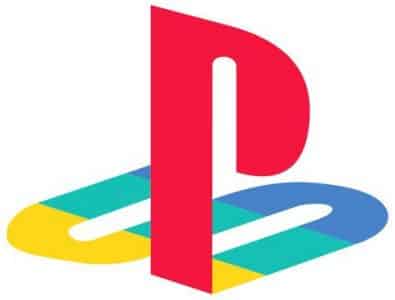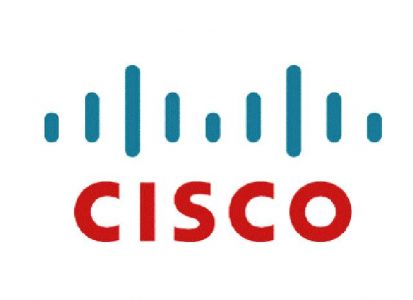Greek Translation Services
At GoLocalise, we offer professional Greek-English translation services tailored to a wide range of projects. Whether it’s audiovisual content—such as documentaries, promotional campaigns, or corporate training videos—or written materials like websites, brochures, and product descriptions, we provide translations that are accurate, engaging, and culturally appropriate.
Our team ensures that your content retains its original tone and intent while adapting it for Greek-speaking audiences. For multimedia projects, we collaborate with specialists who synchronise translations for voiceovers, subtitles, or animations, delivering a polished final product.
Whether your goal is to connect with audiences in Greece, Cyprus, or other Greek-speaking regions, we ensure your message is communicated effectively and leaves a lasting impression.
GoLocalise has been Atlas’s sole provider of translation and foreign voiceover services since 2011. Their friendly and efficient team have localised a range of technical and behavioural projects and in a variety of multimedia formats. Atlas considers GoLocalise to be our localisation partner; trusted to consistently deliver on time and to a high standard.

Professional Greek Translators
At GoLocalise, all Greek translation projects are managed by native-speaking professionals fluent in both Greek and English. This dual proficiency allows us to deliver translations that are linguistically accurate and culturally nuanced. Our translators bring a deep understanding of Greek culture and subject-matter expertise to every project, ensuring that your content feels natural, engaging, and perfectly suited to your audience, whether it’s for business, technical, or creative purposes.
We implement rigorous quality control processes to ensure that every translation is precise, consistent, and tailored to your specific goals. From technical documentation and corporate materials to marketing campaigns and audiovisual projects, our Greek translators excel at adapting your message while preserving its original intent and tone.
At GoLocalise, we don’t just translate words—we adapt your content to authentically connect with Greek-speaking audiences, ensuring it resonates across cultural and regional contexts. Let us help you achieve impactful communication that goes beyond expectations.
Learn more about Translation Services
Let's get started!
Make a Powerful First Impression with GoLocalise as Your Trusted Audio and Video Translation Provider
- WOW your clients with first-class translations carried out by translation experts in that particular industry sector.
- Stringent quality control processes - subtitling (English) templates created and checked in-house, and timed to professional standards.
- Industry leading subtitling software to create subtitles that are perfectly timed to the exact frame and aesthetically positioned around shot changes.
- Your message faithfully and accurately delivered by experienced native subtitlers only.
- All translations are thoroughly quality checked by our experienced project managers before final delivery.
- You will receive ready-to-use videos with translated burnt-in subtitles - open captions - that are ready to be uploaded to your website. You can customise the style and look of the subtitles (font, size, colour, positioning, etc.).
- If you prefer to give your clients or viewers flexibility, why not go for subtitles that can be switched on and off in multiple languages? You can receive closed captions in the format of your choice – ready to be uploaded to YouTube or Vimeo channels, DVD or Blu-Ray.
- Go the extra mile by localising all your content. On-screen text and captions in your video can be translated and graphically edited, so that you receive a flawless foreign language version.
Let's get started!
Why Choose Us?

Leave your project to the experts at GoLocalise so that you can relax and be assured of getting top-notch results
Every single detail will be analysed, studied and looked after so that you do not need to worry. Some would say it’s not too classy to blow our own trumpet… but we just like to point out two very important details.
We have achieved ISO 9001 Quality Management certification in recognition of our consistent performance and high standards, and ISO 14001 Environmental Management because we care about our planet!
And if you are still curious and want to know more about us, why not have a look at our studio page.
Greek Varieties and Regional Nuances
Greek, the official language of Greece and Cyprus, boasts a rich linguistic heritage with notable regional variations in vocabulary, pronunciation, and expressions. For example, the dialects of Crete or the Dodecanese islands differ significantly from the Modern Standard Greek used in formal communication. These differences, along with cultural nuances and region-specific idiomatic phrases, make localisation essential for ensuring meaningful engagement and authenticity.
At GoLocalise, we adapt your translations to reflect these regional and cultural distinctions. Whether your project requires Standard Modern Greek for broader communication or localisation tailored to a specific region, we ensure your content resonates authentically with its intended audience while preserving the integrity and tone of your original message.
From corporate materials and business documents to creative marketing campaigns and audiovisual content, we craft translations that connect deeply with Greek-speaking audiences, fostering genuine engagement and building stronger cultural connections.
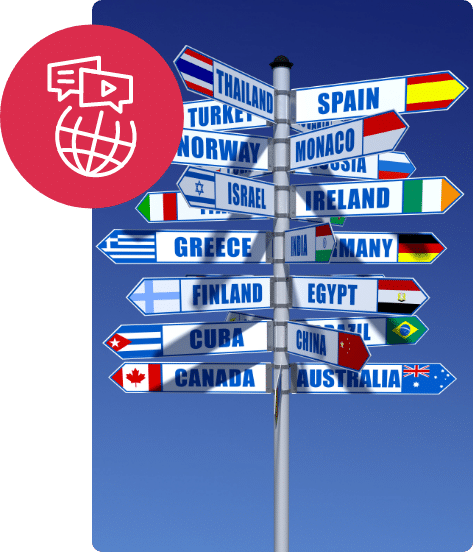
3 Steps To High Quality Assurance
We use continuous quality control processes to monitor quality and accuracy at each and every stage of a translation project.
Skilled translators are carefully selected, and rigorous quality control measures are applied to ensure accuracy and consistency at every stage of the process. Each project is meticulously managed to uphold the highest standards and deliver exceptional results.
Each translated document is meticulously edited by a second translator to ensure accuracy and thoroughly resolve any linguistic issues. The assignment is carefully matched to an appropriate subject matter specialist to maintain the highest standards of quality.
The first translator conducts a final quality check to ensure edits and formatting are accurate, terminology is consistent, and there are no errors or omissions. Every translation is meticulously reviewed against the original document to maintain top quality.
Learn more about Translation Services
Let's get started!
Greek Areas of Expertise
GoLocalise provides specialised translation and localisation services tailored to the unique needs of Greek-speaking audiences. Our expert team combines cultural awareness with linguistic accuracy to deliver high-quality translations that engage effectively across diverse formats and industries. Whether you’re working on corporate content, creative campaigns, or multimedia projects, we ensure your message connects meaningfully. We specialise in the following areas:
Video and Film Localisation
Corporate training materials, documentaries, promotional campaigns, and educational videos
Voiceover and Narration Adaptation
eLearning presentations, animated projects, and marketing content
Subtitling and Media Accessibility
Training videos, entertainment subtitles, and accessible media
App and Gaming Translation
Mobile apps, game interfaces, and interactive user tutorials
Marketing and Brand Communication
Social media content, product advertisements, and storytelling campaigns
Corporate and Technical Materials
Employee manuals, business resources, and technical documentation
Website and Digital Media Localisation
Interactive tools, embedded videos, and multimedia platforms
Tourism and Hospitality Content
Travel guides, promotional videos, and customer-facing materials for hotels and attractions
By combining deep cultural understanding with linguistic expertise, GoLocalise ensures your Greek content is not only accurate but also highly engaging and tailored to resonate with its intended audience. Our approach goes beyond simple translation—we localise your message to reflect the unique cultural nuances, regional preferences, and linguistic subtleties that make Greek-speaking communities so distinctive.
Let us help you create powerful, localised content that builds meaningful connections and leaves a lasting impression. Whether you’re working on corporate communications, creative campaigns, or audiovisual projects, we deliver translations that inspire trust, foster engagement, and communicate your message authentically to Greek-speaking audiences.
A Translation Masterclass
At GoLocalise nothing is too much hassle! The expert team of project managers, translators and linguists are always at hand to ensure your content is perfectly localised – whatever the media. You’ll benefit from a company with over 15 years’ experience, an in-house subtitling team, and in-house state-of-the-art recording facilities!
Audiovisual translation, or AVT, is a highly specialised type of translation, which is increasingly popular in today’s digital world. We are surrounded by audiovisual content, so it makes sense that there is a type of translation that is suitable for the modern technological world.
AVT requires some of the same skills as general translation but also poses additional challenges. In subtitling for instance, the translator must fit the translation into the time and space constraints posed by the video; whilst in voice over the length of the translation must be considered and match the original as closely as possible. And these are just a few examples.
AVT is certainly no easy task and it takes a team of experienced professionals to do it well. This is where we can help you. We are highly specialised in AVT, so you can trust us to deliver products which look good, sound great and are perfectly suited to your target audience, all in your preferred format.
We know that a game doesn’t just have to look good and play smoothly, it also has to sound great and read well too. That’s why we, at GoLocalise, provide all our clients with carefully selected linguists, who are not only specialists in the video game field but are also gamers themselves.
We look after every single detail when localising games into foreign languages and always use the latest glossaries for all the current video game platforms, Wii, PlayStation, Xbox, etc. so that terminology and platform word choices are always spot-on.
GoLocalise provides your company with e-learning translation, localisation and voice over services, leaving you with a ready-to-host product.
We only employ highly skilled linguists who have extensive experience in e-learning and a sound understanding of the particular industry sector they are dealing with.
Our service includes the management of the whole process and the delivery of content adapted to foreign markets.
The steps and services involved in any end-to-end e-learning project are: the translation of the course and on-screen text; the localisation of the course graphics; the voice over recording of the course with your preferred voice over talent/s; and the quality control during which the localised course files are reviewed against the original files.
